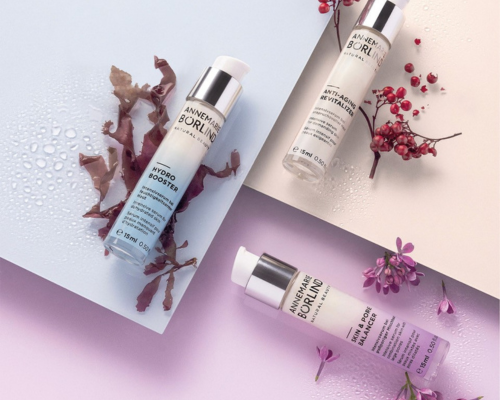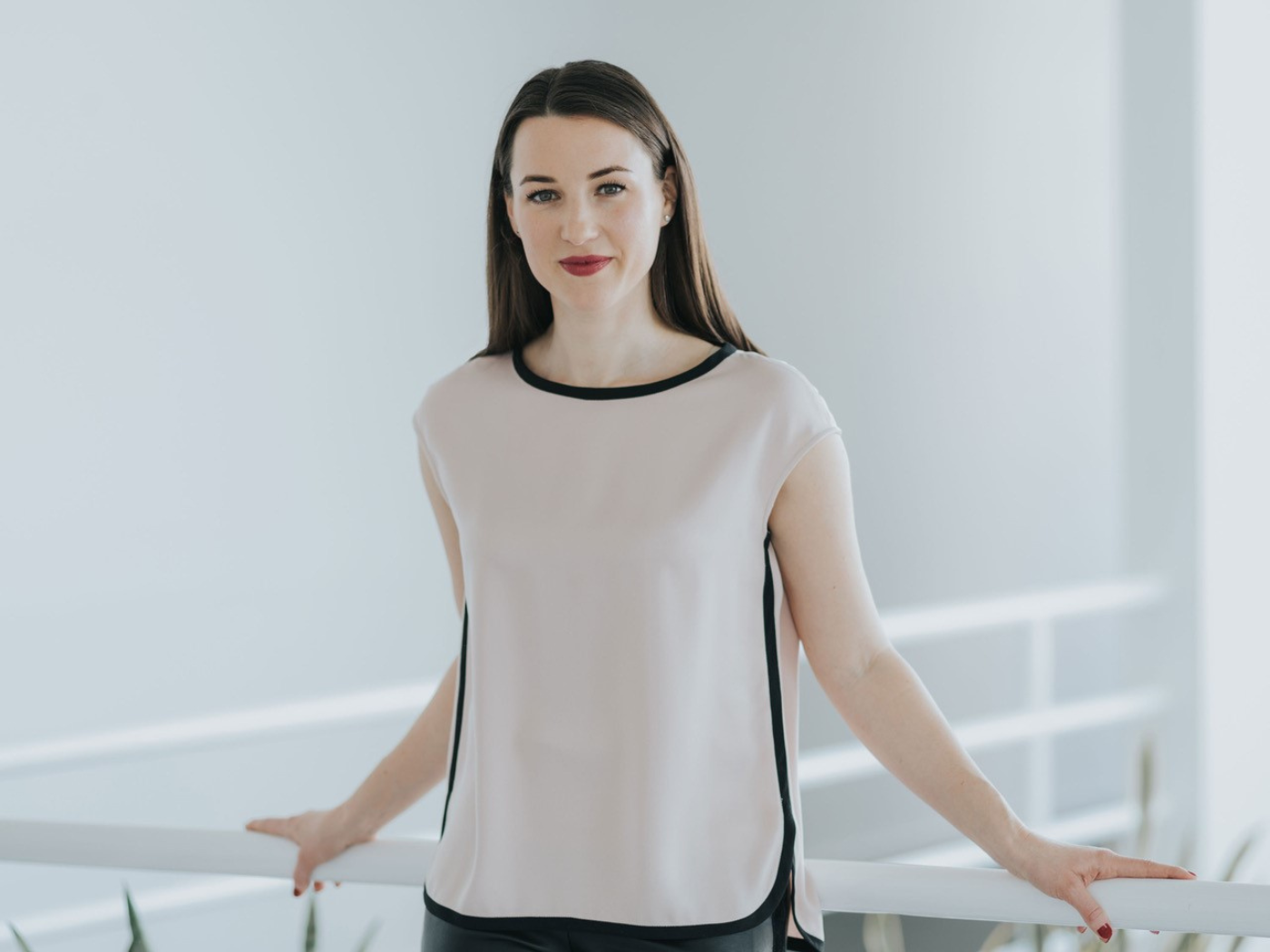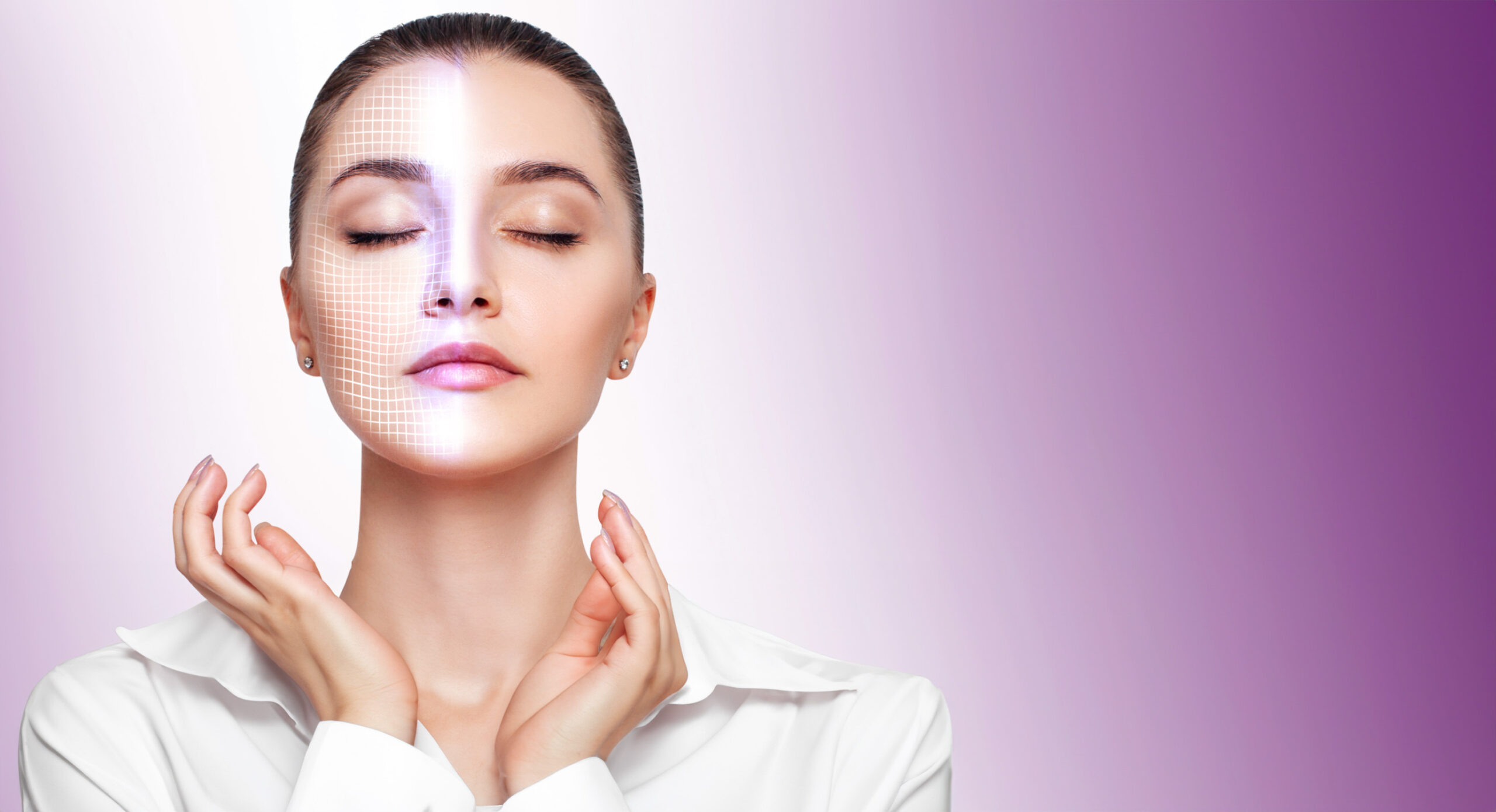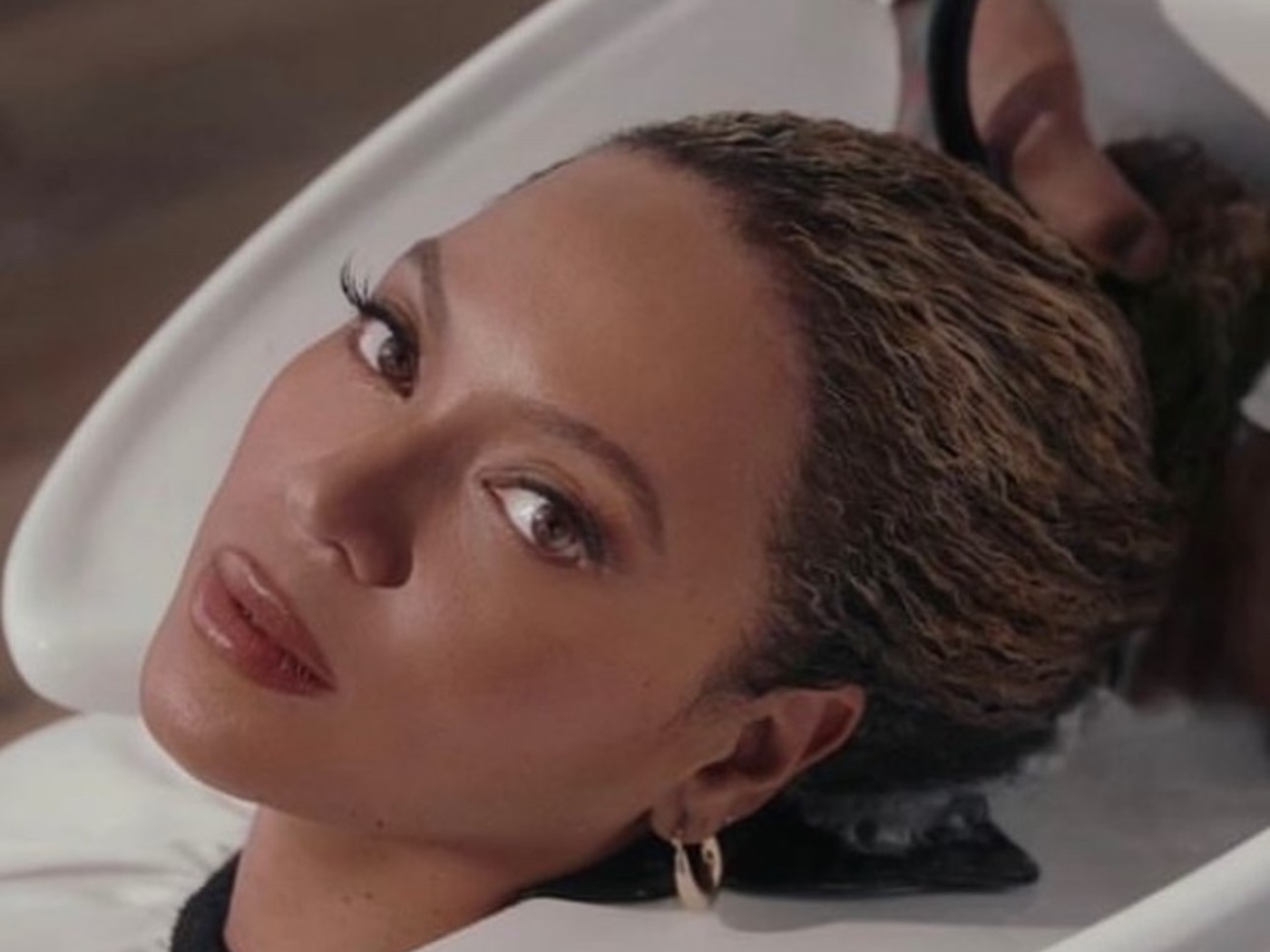The Black Forest, a sprawling region of mountains, forests, and villages in the southwest of Germany, is known for its spas, hiking trails, and cuckoo clock manufacturers.
It is also home to deep, pristine spring water that’s never been touched by pesticides, herbicides, or other contaminants. This mecca serves as a source of ingredients and inspiration by German skin care brand Annemarie Borlind.
Since day one, the 65-year-old brand has been predicated on sustainability and clean ingredients. Its original founder, Annemarie Lindner (part of the company’s name combines her last name with that of her business partner, Hermann Borner), had begun researching plant-based ingredients in the Black Forest to treat her own problem skin. Her ethos, and one that still echoes at the company now is, “If I can’t eat it, I won’t put it on my skin.’”
Today, Lindner’s granddaughter, Alicia Lindner, runs the privately-owned family business as its Managing Director and Co-Owner. Her focus is on spreading its sustainability message to U.S. consumers. To that end, about a year ago, Lindner moved to Los Angeles from her native Calw, a picturesque town on the north end of the Black Forest.
“Our processes have been towards sustainability for over 60 years, before it was a trend and was on everyone’s agenda,” said Lindner. “We have never used any silicones or harsh chemicals. For us, it always went without saying, you cannot harm the planet to manufacture a product. We have always been closely connected to the environment.”
Annemarie Borlind has some 180 SKU’s, the majority of which are made for the face. In early March, the brand launched its Beauty Shots line, three serums priced at $60 and $70, each containing ingredients such as Szechuan pepper and pistachio tree oil (for anti-aging), red algae and tremella mushroom (for moisturizing), and lilac and phytoplankton (for pore-refining). Also new is the 2-PHASE Elastin Shake, a $38 elastin booster containing oil from the French coastal plant samphira, which is an alternative to retinol. The product is designed to stimulate cell renewal. In the works are additional skin care products “designed to protect against environmental influences,” she said, adding that all of the company’s products continue to be made using spring water from original Black Forest reservoirs sourced from the company’s own wells.
 “We pay a lot of attention to the entire life cycle of the product, and carefully consider where we are sourcing ingredients, and look to farmer-led co-operatives for bio-certified ingredients. We want to be especially energy efficient when manufacturing. Our Beauty Shots come in glass containers, and we use recycled plastic elsewhere.”
“We pay a lot of attention to the entire life cycle of the product, and carefully consider where we are sourcing ingredients, and look to farmer-led co-operatives for bio-certified ingredients. We want to be especially energy efficient when manufacturing. Our Beauty Shots come in glass containers, and we use recycled plastic elsewhere.”
According to MarketResearch.biz, the clean beauty market in the U.S. was valued at $8.7 billion in 2023, and is expected to reach $39 billion by 2033, with a compounded annual growth rate of 16.65% during the 10-year period. Skin care is the largest category in clean beauty, with makeup ranking as the smallest. Marketreasearch.biz estimates 2024 will end the year with $10.1 billion in U.S. clean beauty sales.
“When you grow up in a family where everyone is enthusiastic about skin care, it was easy for me to pick that up,” she said. “Although at first, I wondered if that was too obvious, so I tried some other things. But beauty always came back to me. I had that urge to work in this industry.” Lindner joined the family business a decade ago, after earning a master’s degree in marketing from St. Andrews in Scotland and going on a six-month backpacking stint that took her around the world. She dabbled in a variety of jobs, including journalism.
Her focus is now on international sales; the brand is available in more than 30 countries. In German-speaking countries, Annemarie Borlind is a top 10 sales generator, in the same league as Clinique and L’Oréal, she said.
“We are really the only family-run German natural brand in that group,” she explained, adding that North America is a prime focus as she navigates the most appropriate distribution channels. Presently, the brand is available at Neiman Marcus, on Amazon, and select independent stores, as well as its own e-commerce site.
Still, Lindner is hoping the sustainability-anchored history of the company will help drive its penetration in the U.S. Next year will be pivotal as it looks to further reduce its carbon emissions and waste; implement organic surfactants and sustainable palm oil across its manufacturing processes; and further align its brand ethos with ingredient sourcing, i.e., making sure the farm workers from where it sources ingredients (Himalayan cherry oil from Nepal, jojoba oil from Namibia, and organic aloe vera from Guatemala) are paid fairly and protected.
“We will also be able to convert to 100% recyclable or degradable packaging by 2025,” she said. “If we cannot do away with plastic packaging in some products, we will use recycled plastic.” The company has installed regenerative energy equipment, such as photovoltaic cells, at its Black Forest headquarters to conserve energy, and has worked out shorter supply chain routes to cut down on carbon emissions.
Lindner is hopeful that the deeply ingrained sustainability message of the company will resonate with U.S. consumers as it has with those in Europe.
“In terms of the natural and clean market in the U.S., I think it’s going to be a big disruptor, a mega-trend. And this is the moment to be ahead of that trend. I learned from my grandmother that the product has got to work on the skin. The texture has to be great. The scent has to be elevated. If you can tick all those boxes, and you are sustainable, that’s it. The customers will come.”




